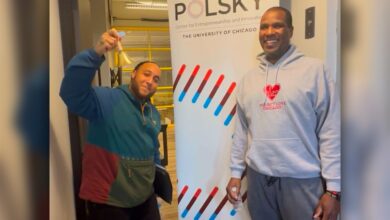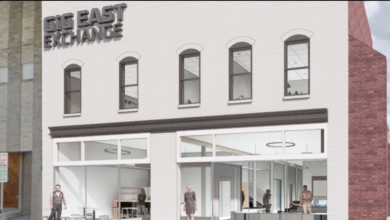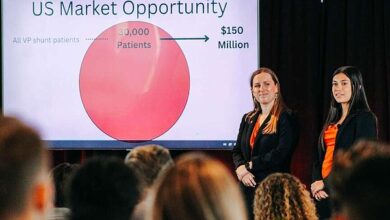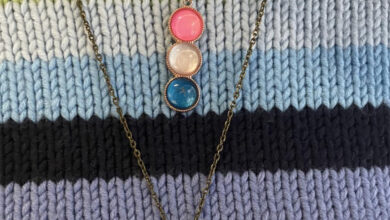10 Years of Ole Cup Entrepreneurs – St. Olaf College
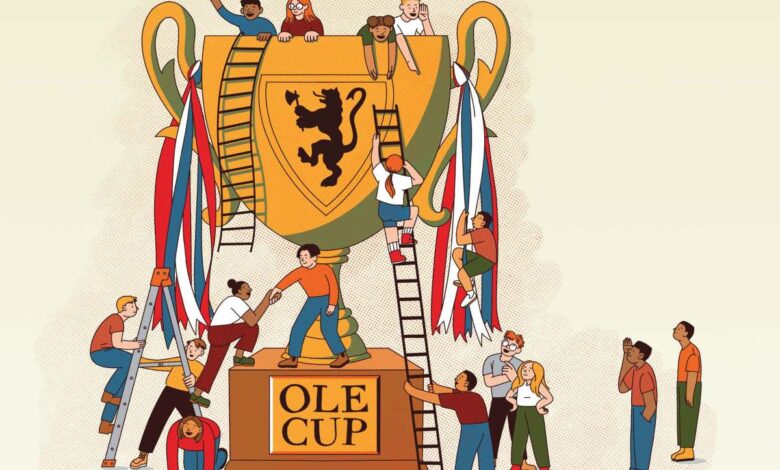
When St. Olaf College launched a business pitch competition 10 years ago, the goal was simple: show students that a liberal arts education provides them with the perfect set of tools to become successful entrepreneurs.
That first year, the Piper Center for Vocation and Career supported 13 students through the development of their business ideas and welcomed seven teams to the stage to pitch their ideas in the inaugural Ole Cup. The winner was JonnyPops, a frozen treat company that is now a multi-million dollar business with products available at major retailers like Target and Costco.
Over the last decade, more than 150 students have participated in the Ole Cup, and the college has awarded more than $250,000 in prize money to teams to help fund their ventures. The competition has not only launched a string of thriving businesses, but scores of Oles who have a passion for innovative, impactful work in a wide range of fields.
“Students are challenged in the liberal arts to wrestle with complexity and ambiguity, and they have the foundational skills necessary to tackle the unknown head on. The Ole Cup only accelerates those skills through the development of a business plan and pitching an idea to a panel of judges,” says Piper Center for Vocation and Career Director Kirsten Cahoon ’98. “The ability to research ideas and test assumptions, paired with strong rhetorical skills, prepares Oles to confidently take on any post-graduate opportunity.”
“Students are challenged in the liberal arts to wrestle with complexity and ambiguity, and they have the foundational skills necessary to tackle the unknown head on. The Ole Cup only accelerates those skills through the development of a business plan and pitching an idea to a panel of judges.”
Piper Center for Vocation and Career Director Kirsten Cahoon ’98
Conceived by the late Brad Cleveland ’82, who helped turn Proto Labs into one of Minnesota’s leading technology companies, the Ole Cup is a key part of a long-standing, rich ecosystem of entrepreneurship on campus. The college’s entrepreneurship program launched in 1992 with the Paul Finstad Endowment. St. Olaf was among the first undergraduate liberal arts institutions to launch an entrepreneurial grant program, which today continues providing seed money to students in the early stages of venture creation.
“The grants aim to support the idea and testing phase of a venture, providing students with the opportunity to dig deep and prototype a concept, confirming feasibility — or failure — prior to moving into the business plan stage,” says Piper Center Associate Director Meghan McMillan.
The Ole Cup puts business plans in front of a panel of judges that include business leaders and alumni at the top of their field. As students sharpen their pitches for the competition, they have access to a network of devoted alumni who serve as mentors, experts, and sources of support and inspiration. McMillan has also developed strong partnerships with entrepreneurial incubators like Red Wing Ignite and the E1 (Entrepreneurs First) Collaborative, and those relationships provide students with external expertise from regional partners and business leaders.
“Ole Cup students have a wide range of majors, are involved in different organizations and ensembles and teams on campus, and oftentimes are not studying business or entrepreneurship. Instead, the throughline is their ability to think critically about the demands of our global world by developing creative, innovative solutions,” Cahoon says. “This curiosity and lifelong learning — and willingness to take a leap of faith into the unknown with excitement and passion — is at the core of what makes Ole Cup participants so impressive.”
“The ideas that are pitched every year shine a light on the competitive edge of the liberal arts education. When Oles persevere, their ideas change lives.”
Piper Center Associate Director Meghan McMillan
Coupled with courses across the curriculum, as well as the Innovation Scholar Programs, Svoboda Entrepreneurial Scholars cohort internship program, Connections Programs, and study abroad/away opportunities, St. Olaf has a wide range of entry points and immersive activities to help students identify their interests and build skills.
To see the end result of the hard work that goes into the Ole Cup each year is inspiring, McMillan says.
“The ideas that are pitched every year shine a light on the competitive edge of the liberal arts education,” she says. “When Oles persevere, their ideas change lives.”
As the Ole Cup celebrated its 10th anniversary this spring, alumni of the competition reflect on the impact it had, the lessons they took away, and where they are now.
Jakob Otten ’19
Major: Economics
Current Career: English Instructor with Gaba Corporation in Japan
Ole Cup Pitch:
In 2017 Otten pitched Warble, an app that would allow users to stream music playing from their phone to any other phone with the app. In 2019 he returned with teammates Zhanat Seitkuzhin ’22 and Michael Paredes ’22 to pitch Foodle, a meal preparation social enterprise designed to provide steady supplies of food to community centers and provide meaningful employment opportunities to youth.
The Foodle team then entered their idea into the 2019 Hult Prize entrepreneurship challenge, competing against 200,000 applicants from more than 120 countries. They won the regional final in Boston and were among 40 finalists selected to spend five weeks in London participating in the Hult International Business School’s accelerator program.
“The Ole Cup — and later the Hult Prize — fostered my entrepreneurial flame; I developed strong presentation, leadership, and personal accountability skills through the experience. Passion carried us farther than I ever could have imagined. I’ll never forget when the night before our final Hult Prize business pitch, an angel investor told us that even if things didn’t work out with our pitch, we had something unique and special in our team dynamic and energy.”
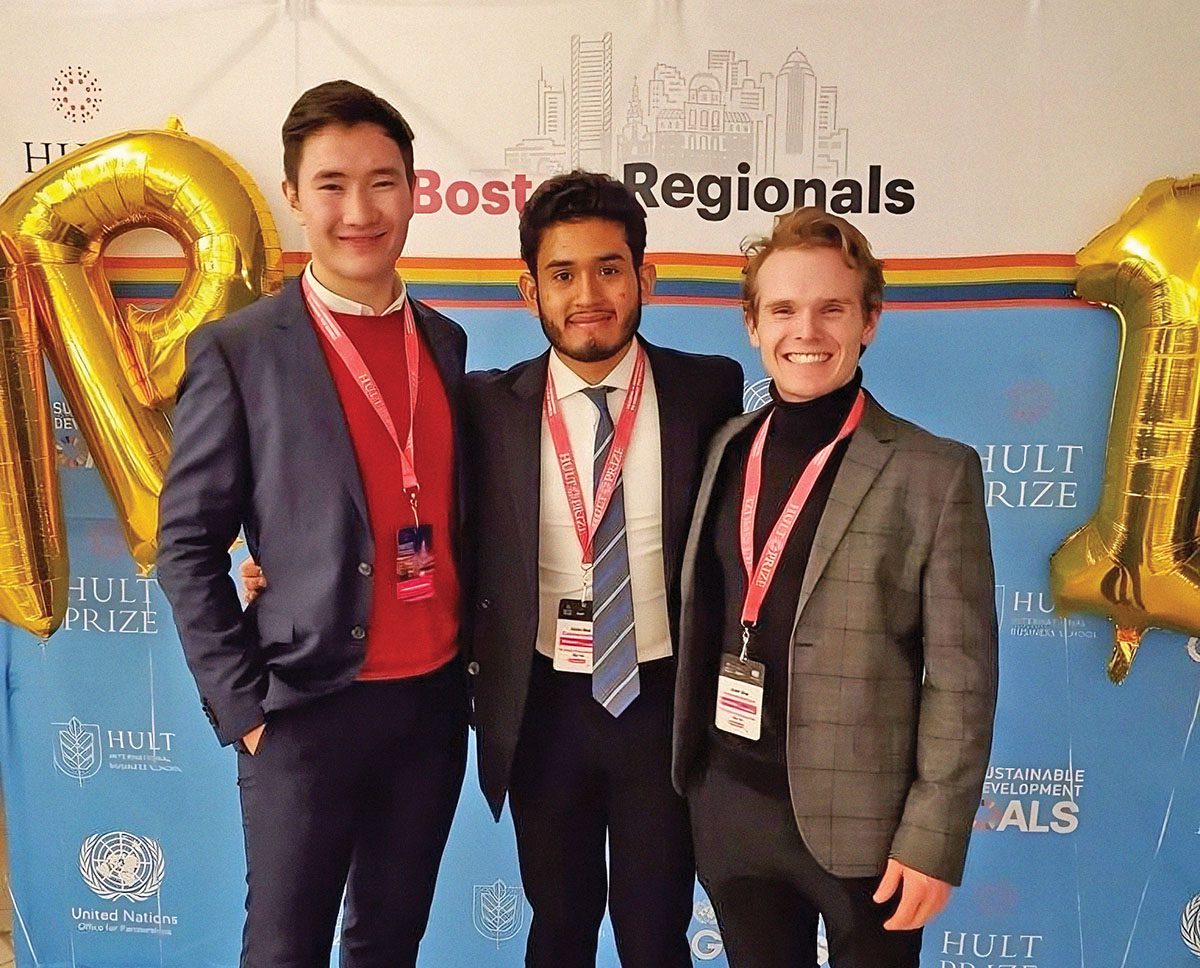
Michael Paredes ’22
Majors: Political Science and Quantitative Economics
Current Career: Analyst at Citizenly, a tech startup founded to improve the experience of being a citizen and public servant
Ole Cup Pitch: In 2019 Paredes was part of the team that pitched Foodle. In 2020 he pitched Olacoral, a jewelry company creating wearable pieces from lionfish fins.
“I participated in my first Ole Cup pitch my first year on the Hill with Foodle. Unfortunately, Foodle faced challenges during the pandemic and we decided to close down my sophomore year. I decided to return to the Ole Cup to pitch Olacoral, a company I founded in response to the lionfish invasion in the Caribbean, particularly on the Belize Barrier Reef. Because the lionfish face no natural predators, they have been destroying the reef at an alarming rate. I created Olacoral as a way to monetize the lionfish so that we could give the reef a fighting chance. After we launched the business and learned more from our partners on the ground, we realized that jewelry is not the most efficient way to mitigate invasive species — eating them is! As luck, or nature, would have it, the lionfish is an incredibly tasty and highly nutritious white-meat fish. This led us to pivot our business into a seafood supply company offering fresh lionfish meat to restaurants and grocery stories across the United States. That turned out to be far more successful, and we rebranded ourselves to Netless Catch before expanding into other products and eventually being acquired by a Gener8tor portfolio company. All this was done in collaboration with multiple stakeholders across the Caribbean, including hundreds of fishermen and fisherwomen, and was a direct result of the support received by the Ole Cup.”
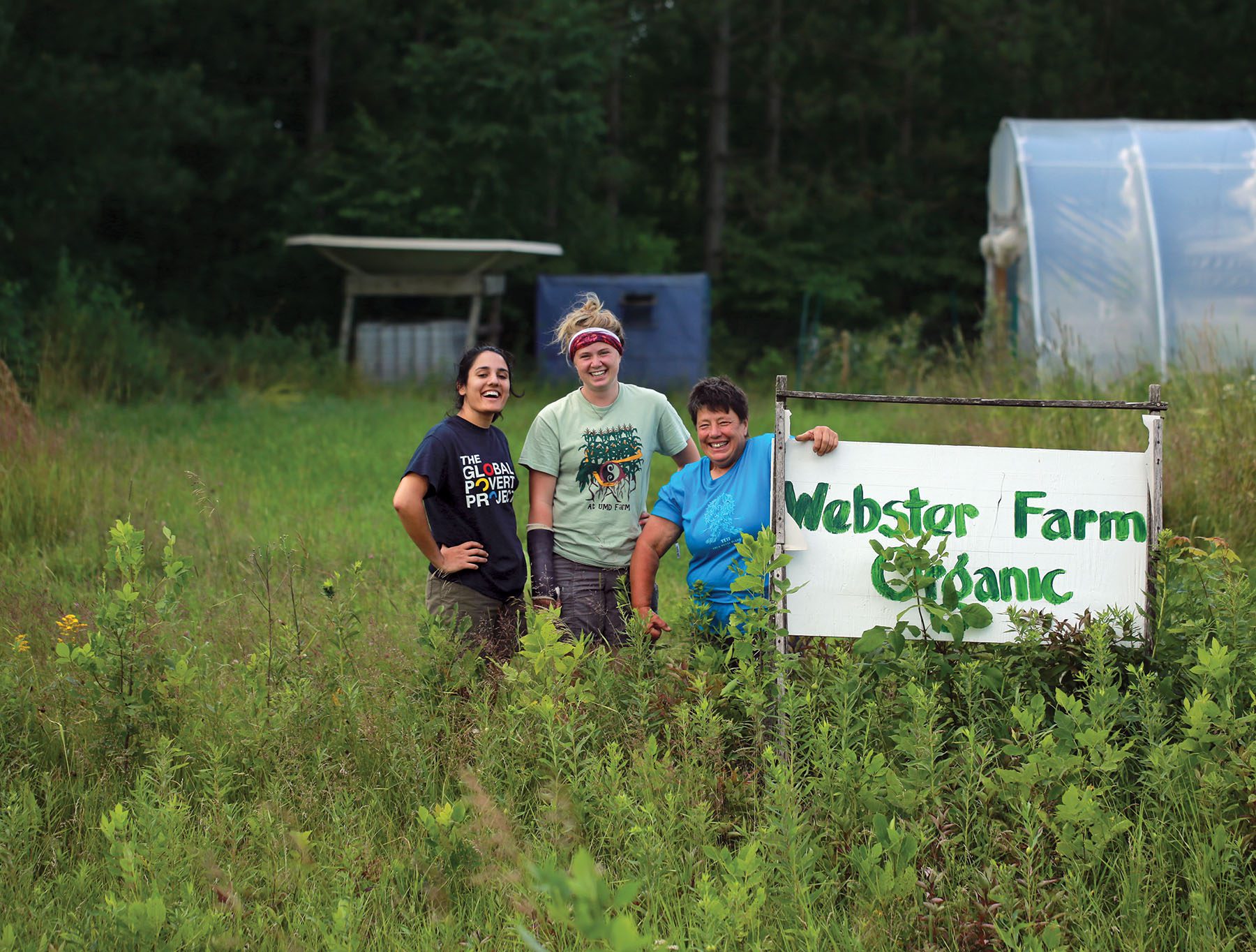
Katie Myhre ’16
Major: Biology
Current Career: Business development for CIBO Technologies, where her role focuses on helping companies decarbonize their supply chains by incentivizing farmers to adopt regenerative agricultural practices
Malika Dale ’16
Major: Biology
Current Career: Medical School and Health Care Startups
Ole Cup Pitch: RED Food, an online procurement platform that linked farmers interested in selling their produce to buyers in metro restaurants
“Winning the Ole Cup was central to my career path,” Myhre says. “My early learnings from our business model and the experiences that followed the Ole Cup helped position me as a local expert in leveraging technology to improve food supply chains. I’ve followed this vocational focus as a social enterprise fellow through the Bush Foundation’s FINNOVATION Lab, as a graduate student and researcher at the Carlson School of Management, and, in the past few years, working for technology startups on challenges that include hyperlocal grocery procurement, climate change, and regenerative agriculture. I also learned that entrepreneurship is active — it gives you a framework to notice a problem, get up, learn about it, and use what you learned to solve it. This process requires failure, vulnerability, and flexible thinking. The Ole Cup gave me a safe space to learn these lessons firsthand and see opportunities to grow and solve problems where I hadn’t before.”
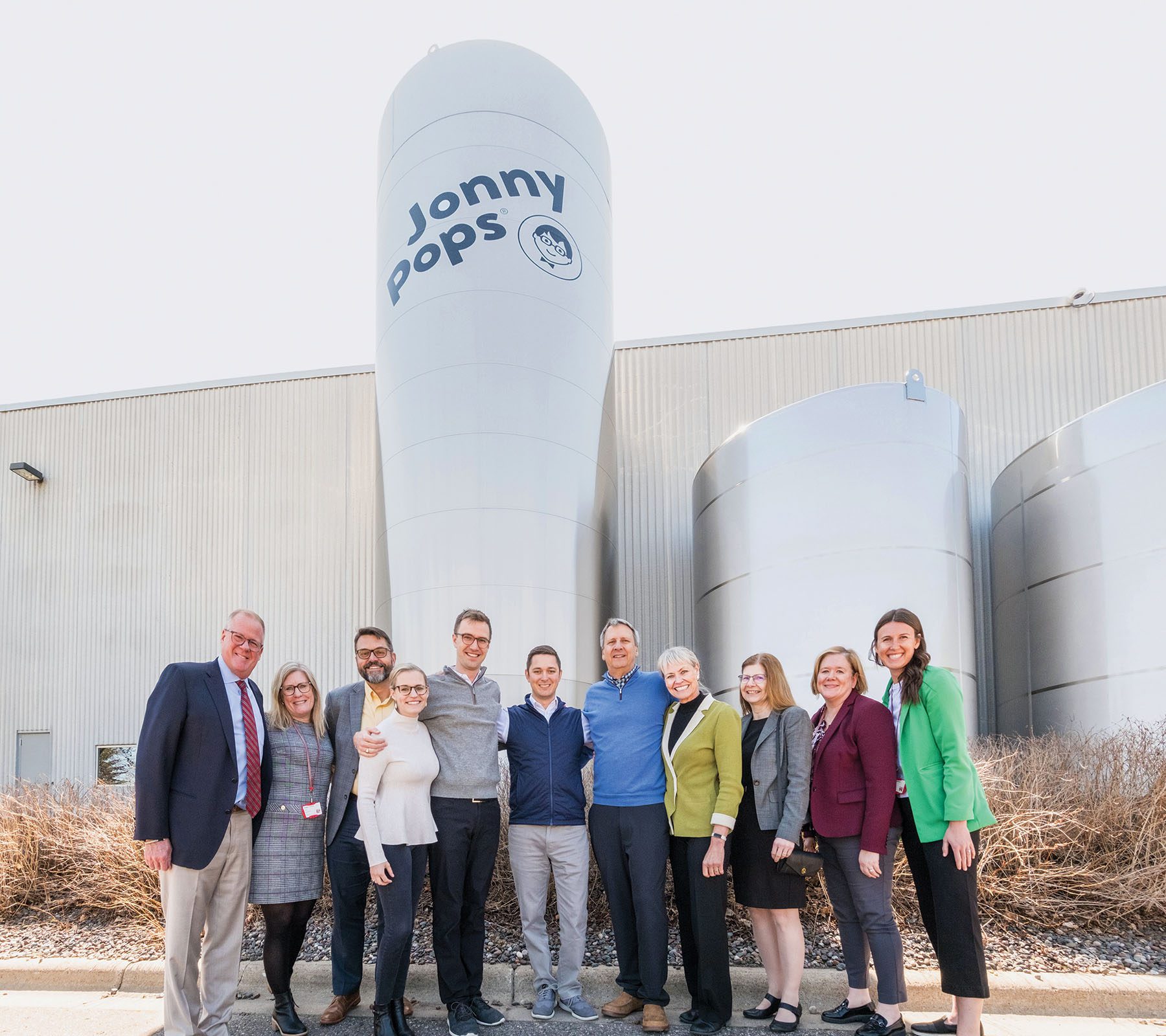
Erik Brust ’14
Major: Economics
Current Career: CEO and Co-Founder of JonnyPops
Connor Wray ’14
Majors: Computer Science and Economics
Current Career: CFO and Co-Founder of JonnyPops
Ole Cup Pitch: JonnyPops, a company that creates frozen treats with simple ingredients
“Participating in the Ole Cup was essential to getting JonnyPops off the ground,” Brust says. “We conceived the idea and started from humble beginnings, perfecting formulas and running the business out of the basement of our college dorm. The Ole Cup helped us develop the necessary skills to move from great ideas to good business. It put us in conversation with mentors who have a mind for business. They taught us how to fine-tune marketing strategies, build a strong network of alumni advisors, and expand the reach of our business. Without the guidance we received through the Ole Cup, JonnyPops wouldn’t be the business it is today.”
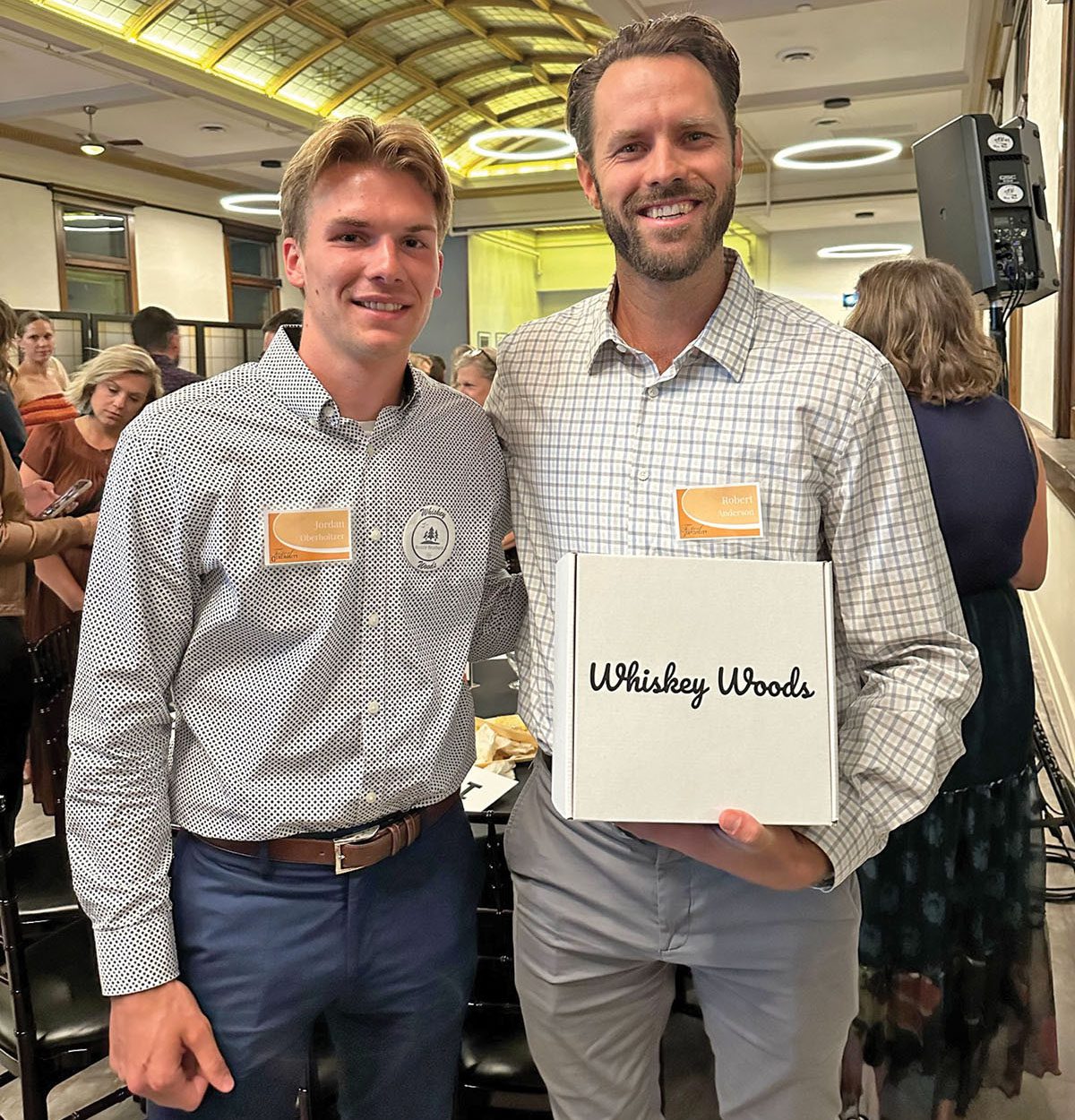
Jordan Oberholtzer ’24
Major: Economics
Current Career: St. Olaf Student
Ole Cup Pitch: Whiskey Woods, a custom drink glass smoking kit that allows consumers to easily smoke their liquors and cocktails
“Connections are everything. After winning, I had many people reach out, and when I am this young it has been important to keep all doors open. You never know who will have another connection for you that can help a lot, so I’ve done a good job connecting with people.”
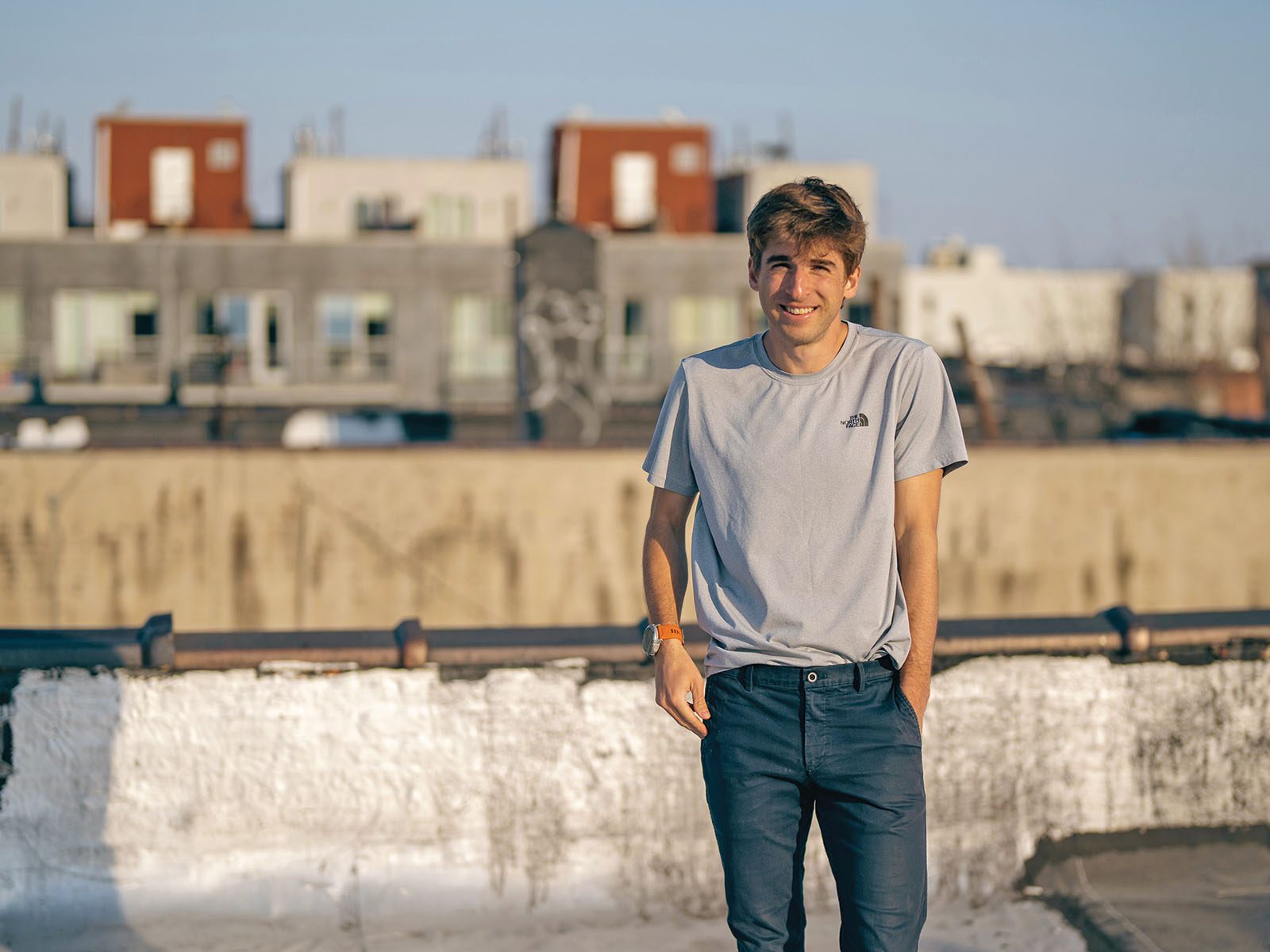
Kyle Obermann ’14
Major: Political Science
Current Career: Conservation and adventure photographer, filmmaker, and writer who was based in China from 2014 to 2020, where he was also a personality on Chinese TV and a freelance consultant for various environmental and carbon credit-related projects
Ole Cup Pitch: KO Photography, which focused on environmental and adventure photographer in China
“Looking back at what I wrote in 2014, it’s amazing to see what I described become precisely what I went on to do: work with some of the largest conservation groups in China, become sponsored by The North Face, publish in magazines like National Geographic and Chinese National Geography, become a judge for the environmental category of China’s Outdoor Industry Annual Awards, gain an audience of hundreds of thousands online in China who were interested in becoming more environmentally conscious … I could go on about the adventures, but basically, the rigorous and foreign process of planning for the Ole Cup helped me believe and see for the first time that what I wanted to do was logistically possible. My studies in poli sci, environmental studies, and Chinese helped prepare me academically, but it was the business mindset and understanding that I lacked — and the Ole Cup pushed me to get there.”
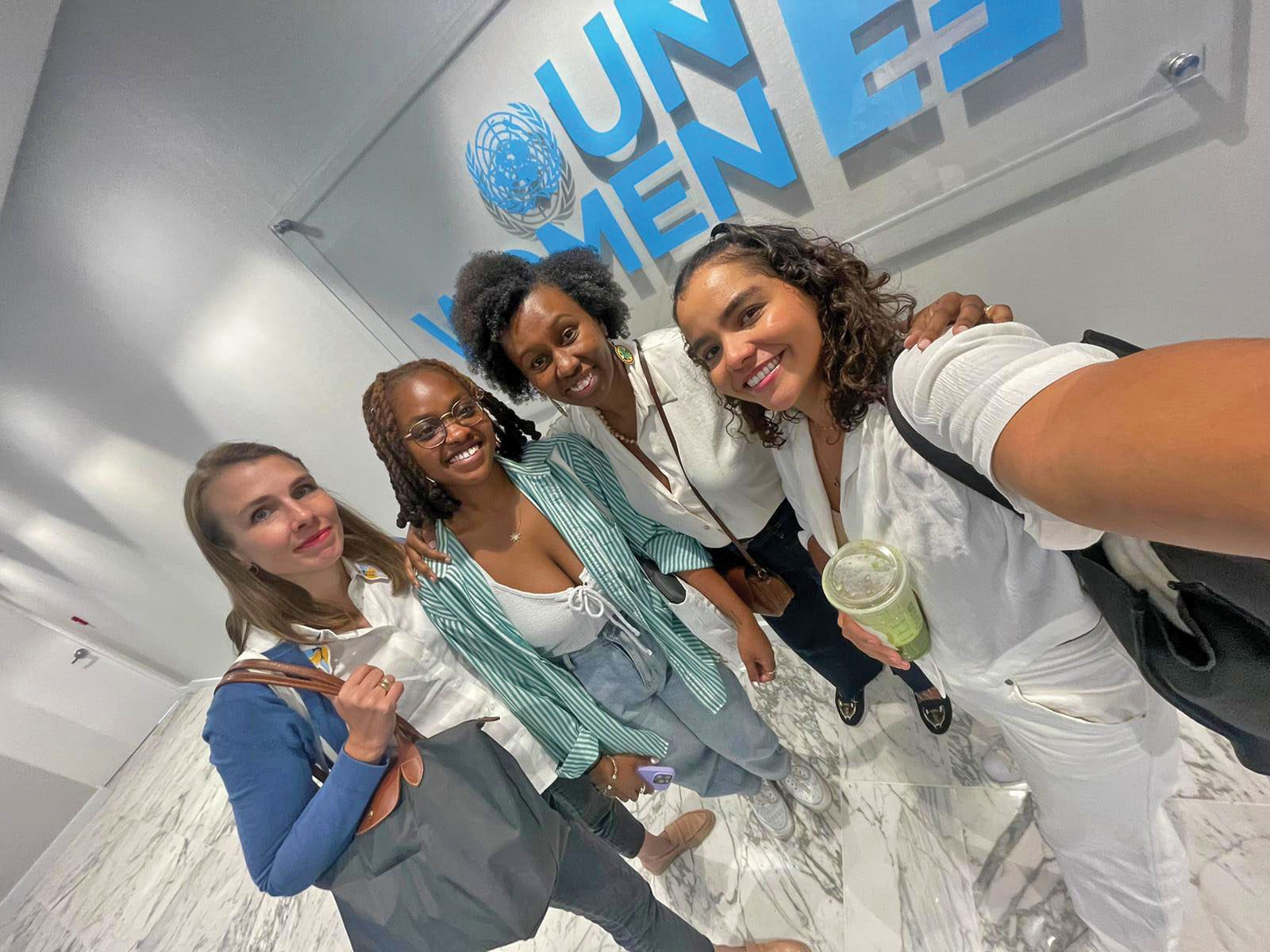
Marie-Simone Kadurira ’20
Majors: Biology and Political Science
Current Career: Research and Communications Lead for the Accelerator for Gender Based Violence Prevention, and founder of Vasikana Vedu
Ole Cup Pitch: Vasikana Vedu, an organization that uses a unique business model to address period poverty in sub-Saharan Africa and enable women to remain in school, work, and engaged in their communities
“The Ole Cup allowed me to fully actualize what it was I wanted to achieve through my organization, and this served as the guiding force — and continues to do so for Vasikana Vedu even now. Through the Ole Cup I learned that entrepreneurship may seem daunting, but it is indeed for everyone. The principles of entrepreneurship can be applied effectively in both for-profit and nonprofit contexts. If I could sell my idea for profit, then I could certainly make it work for the nonprofit sector as well.”
Kate Seybold ’15
Majors: Biology and Environmental Studies
Current Career: Farm to Institution Coordinator for the Minnesota Department of Agriculture
Nora Flynn ’15
Major: Biology
Current Career: Agricultural Water Planning Specialist for the Colorado Water Conservation Board
Ole Cup Pitch: Farming Forward, an organization that worked with farmers to test and prove alternative ways of growing crops profitably with less environmental impact
“Thanks to two summers of research alongside Professor of Biology Kathleen Shea, I had fallen in love with agroecology, and more generally agriculture and sustainable food production. I was fairly certain that I would go to graduate school for agroecology and stay on a research-focused career path. But participating in the Ole Cup encouraged me to think outside the box about how else I could channel my love for farming, sustainability thinking, and working alongside farmers into other careers outside of academia. That is the joy and beauty of a liberal arts education! The Ole Cup seemed to be a turning point for me when I really began thinking seriously about what I loved, what I felt passionate about, and what vocation meant to me. And while I didn’t necessarily know it at the time, the experience of participating in the Ole Cup — making pitches, giving presentations, being a strategic communicator — was great preparation for my career.”
Kate Seybold ’15
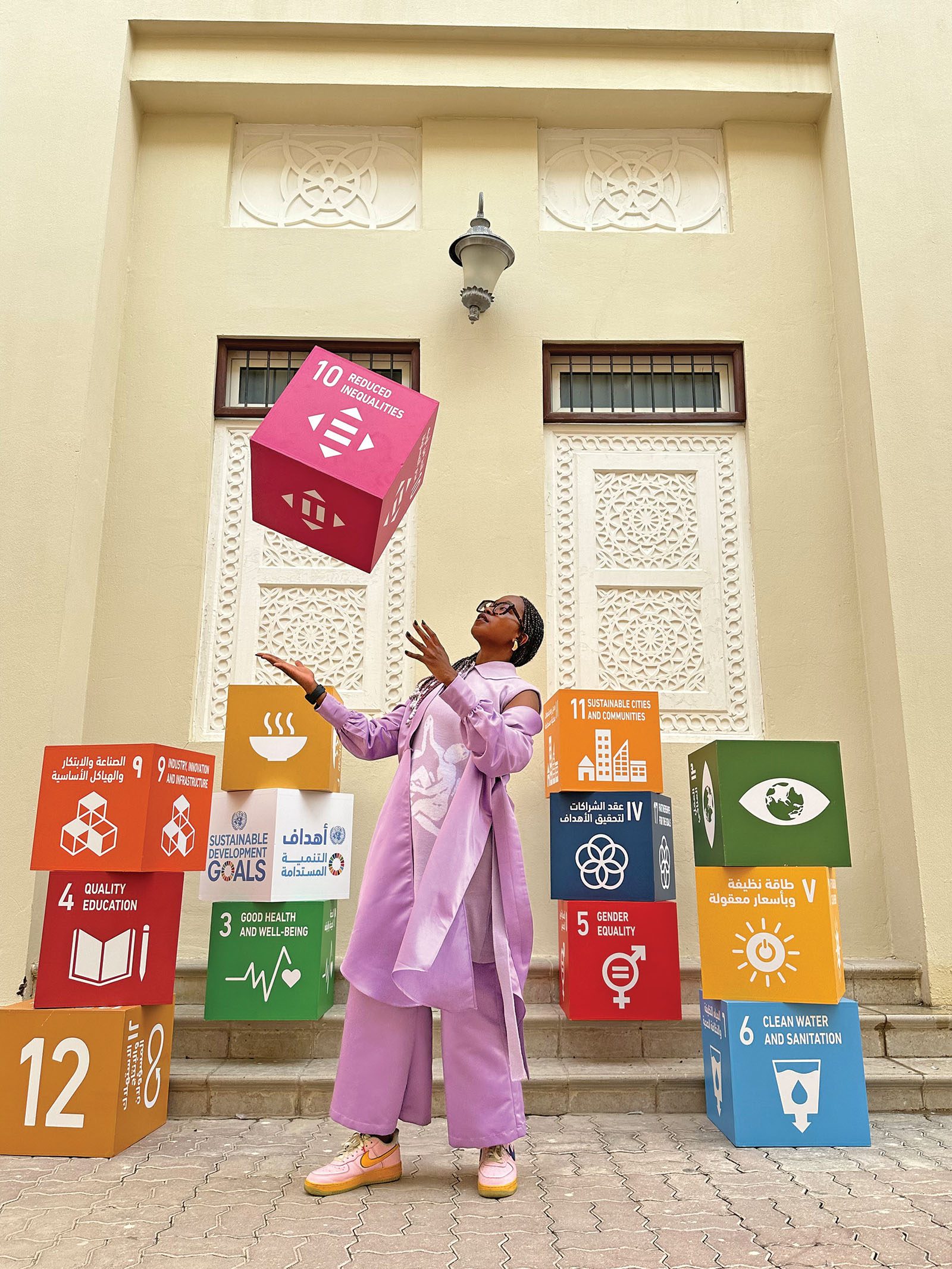
Pumla Maswanganyi ’16
Majors: Studio Art and African Identities: Media & Development, with concentrations in Africa and the Americas and Management
Current Career: Founder and Director of lue. and MM+co, pioneers of African Life Centric Design
Ole Cup Pitch: Nimble Fingers, a venture to offer micro-finance loans and vocational training for young women facing the prospect of child marriage in Nigeria
The Ole Cup served as the launching pad for Maswanganyi and her teammate, Precious Ismail ’17, to successfully win a Resolution Project Fellowship while attending the Clinton Global Initiative University in San Francisco.
“The key lesson I will never forget from Ole Cup was the feedback Piper Center Director Leslie Moore ’77 offered on our pitch. We initially said that ‘We aim to …’ and she stopped us and said that women are often the ones who take a step back saying that they ‘hope to’ accomplish something, or ‘aim to’ accomplish something, rather than owning that we already are accomplishing that very thing. That not only stayed with me, but it’s been a lesson I’ve had the honor to pass forward in entrepreneurship. More often than not, we’re already putting in the effort and not taking a step back to fully recognize that.”
Aidan Schoff ’21
Majors: Agribusiness and Spanish
Current Career: Hydroponic Lab Manager at Kingsborough Community College in New York City
Ole Cup Pitch: Gro-W-all, a compact, wall-mounted hydroponic system intended for home and classroom applications
“The Ole Cup was a great exercise in developing and refining some ideas I had been toying with for several years. While I am not in a product development role now, that focused exploration of hydroponic tech qualified me for my current role.”
Aidan Schoff ’21
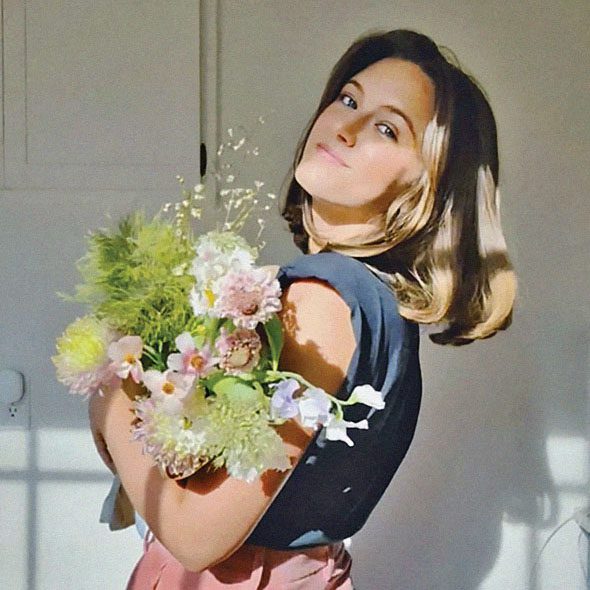
Jess Landa ’16
Major: Theater
Current Career: Brand/Media Strategist and Founder and Owner of LANE Floral
Ole Cup Pitch: Blue Dog Denim, which used a new sizing method for women’s denim to offer 22 sizes, embracing a wide range of body types
“The Ole Cup solidified something I had long suspected — I love pitching! It became a specialty of mine while I worked in advertising and now is a large part of my floral business. Being able to identify and solve problems are both amazing skills to have in the business world. Being able to articulate and sell them is just as important.”
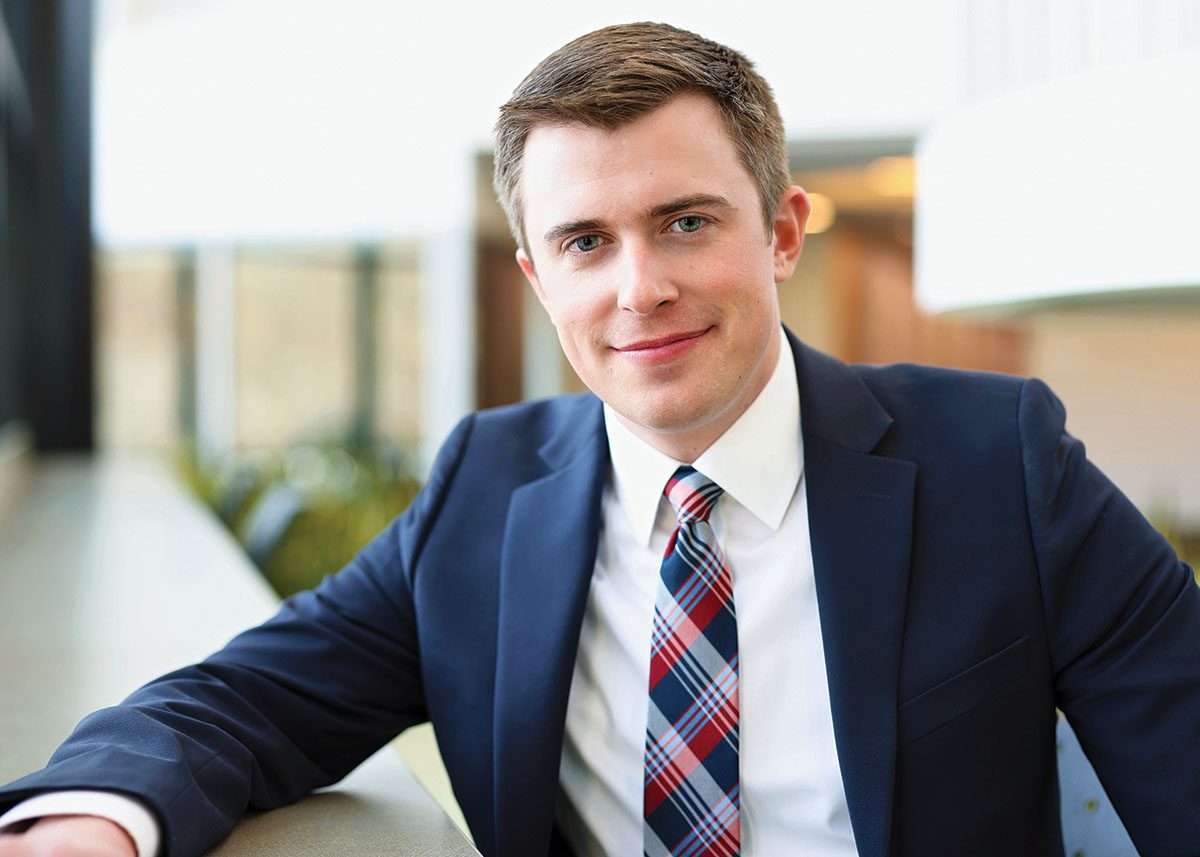
John Bruer ’16
Majors: Economics and Physics
Current Career: Vice President of Operations for Solutran within Optum Financial (subsidiary of UnitedHealth Group), a health care financial technology platform and payments network that connects over 15 million members to thousands of retailers across the country
Ole Cup Pitch: U-Swap, a campus marketplace for students to buy and sell everything from textbooks to student housing that was launched to tens of thousands of students across Minnesota
“The Ole Cup presented an opportunity to pitch, and pitching couldn’t be more important in my career following St. Olaf. From raising money from investors, to selling to new clients, to preparing for a senior executive meeting, or even landing that new job, finding the salient points that matter and communicating them with confidence is the key to success. The Ole Cup enabled me to do just that.”
